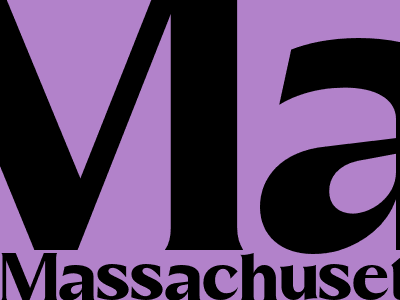
Massachusetts’ Ballot Question On Raising The Minimum Wage To $15 Is On Hold
Voters in Massachusetts will have to wait to vote on increasing the minimum wage after the state's highest court ruled that the proposed ballot question is unconstitutional.
The Supreme Judicial Court (SJC) ruled Thursday that the proposed ballot question, which would have raised the minimum wage to $15 an hour by 2023, violated the state constitution's requirement that ballot questions deal with a single subject.
The court said the proposed question included provisions that were not related to raising the minimum wage, such as a requirement that employers provide paid family and medical leave. The court also said the question was misleading because it did not clearly explain the potential impact of raising the minimum wage on jobs and the economy.
The ruling is a setback for supporters of raising the minimum wage, who had hoped to get the question on the ballot in November. The group behind the ballot question, Raise Up Massachusetts, said it was disappointed by the ruling but would continue to fight for a higher minimum wage.
Opponents of the ballot question, including business groups, praised the SJC's ruling. They said the proposed question was unfair to businesses and would have led to job losses.
The ruling is the latest in a series of setbacks for efforts to raise the minimum wage in Massachusetts. In 2016, voters rejected a ballot question that would have raised the minimum wage to $12 an hour.
The SJC's ruling is binding on the state's Secretary of the Commonwealth, who is responsible for certifying ballot questions. The secretary's office said it will not certify the proposed question for the November ballot.
The ruling is a reminder that ballot questions in Massachusetts must comply with the state's constitution. The constitution requires that ballot questions deal with a single subject and that they are not misleading.